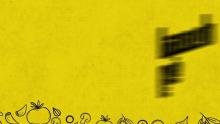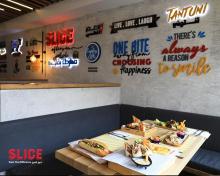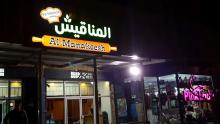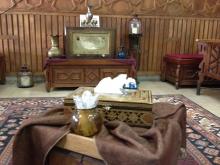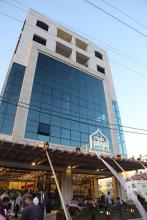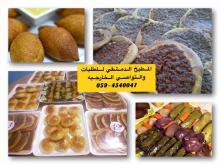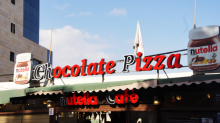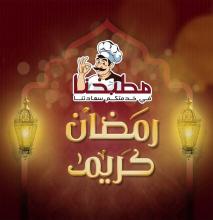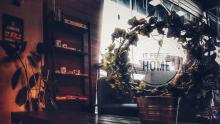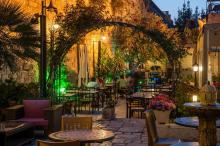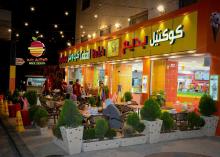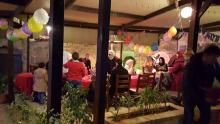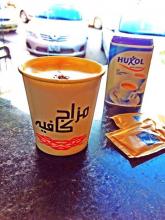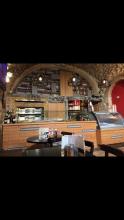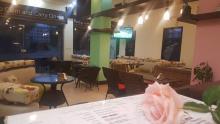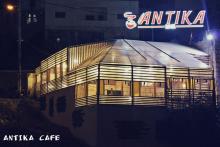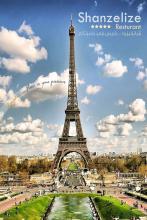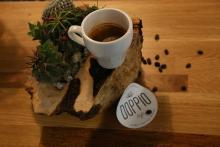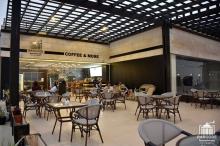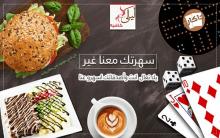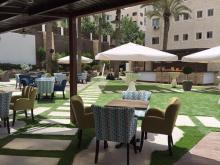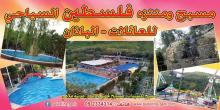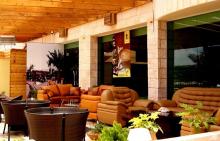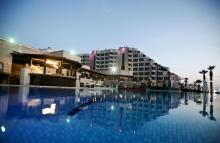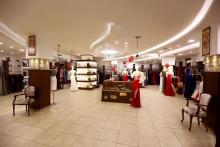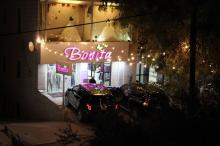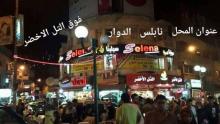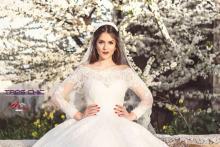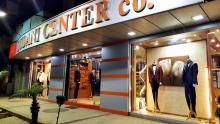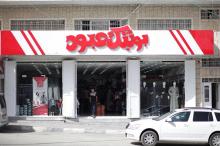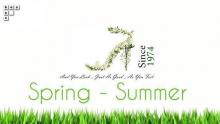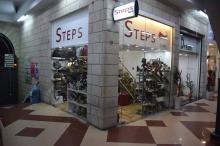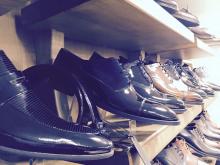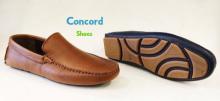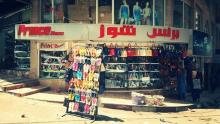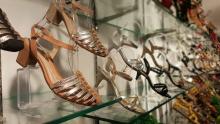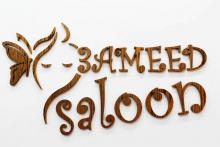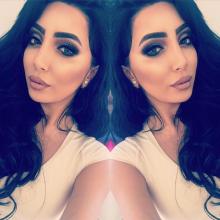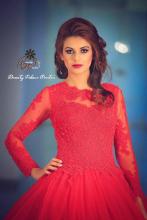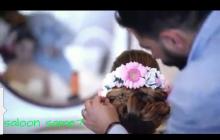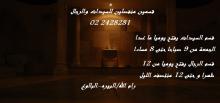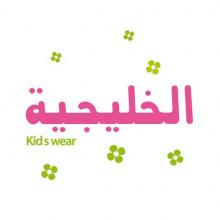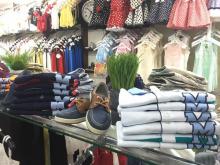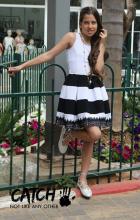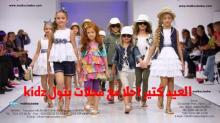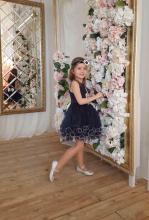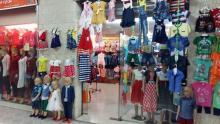"يُعاد" تجربة يقدمها مركز خليل السكاكيني الثّقافي من تقييم لارا الخالدي. حيث سنقوم بعرض عمل "فيديو آرت" واحد نعتقد أنه مهم في سياق الفن الفلسطيني والشرق الأوسط الحديث، بشكل مستمر لمدة يوم كامل في المركز، مرّة كل شهر. العرض سيستمر من 10:00 صباحاً حتّى 8:00 مساءً.
يمكنكم المجيء يوم السبت 22.10.2016 في أي وقت خلال ساعات دوام المركز ومشاهدة العمل.
حمزة حلوبي
متأخر، 2015
مع مريم سعيد
19 دقيقة
ملون مع صوت
**
"بعد بضعة أشهر، حيث كنت ما أزال أتعود على وضعي الجديد، وجدت نفسي أكتب رسالة طويلة لأمي، التي كانت قد توفيت منذ سنتين، رسالة بدأتها بمحاولة متأخرة لفرض رواية لحياة كنت قد تركتها تحدث لوحدها، فوضوية، مبعثرة، بلا مركز. مسدود، ومكتئب، وناشف"
في نص مذكراته الشخصية "بين العوالم" يذكر إدوارد سعيد رسالة كان قد كتبها لأمه، ولكن لم ينشرها بتاتا. ذهب الفنان حمزة حلوبي إلى نيويورك من أجل البحث عن هذه الرسالة ولكنه لم يجدها. فأخذ العمل الفني منحا آخر كردّ على غياب هذه الرسالة. عندما التقى حمزة بمريم سعيد "أرملة إدوارد سعيد" في شقتها، وجد صورة ليد إدوارد سعيد، فانطلق هذا الفيديو من هذه الصورة الحميمة لإدوارد سعيد. في نهاية حياته، مريضاً، متعباً وواعياً لدنوّ أجله، وفي وضع سياسي قلق بعد هجمات 11 أيلول، يتأمل إدوارد سعيد في مجمل حياته من نهايتها ويسأل نفسه: "ماذا عن الأعمال المتأخرة للفنّان عندما، وبعيدا عن الانسجام وحلّ الصّراعات، هم على العكس، موسومون بالتّصلب، محاولات مؤلمة، وتناقضات مستمرّة؟"
هذا الفيديو يصور المتروك، والمنسي، وما يجيءُ متأخراً من التّاريخ.
***
ولد حمزة حلّوبي في طنجة، المغرب، 1982. درس الفنون البصرية في لاكامبر في بروكسل ومعهد الدراسات العليا للفنون في غنت، بلجيكا. تنشبك آعمال الفنان حلوبي في مواضيع سيمياء اللغة وبنية الفيلم ومن ثم تحبك مع مواضيع شخصية وحميمية كالذاكرة والترجمة. يعمل ويعيش الفنان ما بين عوالم امستردام وبروكسل وطنجة.
*********************
Loop: is a experiment by Khalil Sakakini Cultural Centre curated by Lara Khaldi, in which we will be screening one Video Art work whcih we think is essential in the Palestinian and Middle Eastern contemporary art practive, continuously for a whole day once a month. the screening will go on from 10am-8pm.
You can visit the centre on Sunday 22/10/2016 and watch the video work at anytime during that day
Hamza Halloubi
Late , 2015
With Mariam Said
19 min
Color, sound
"…A few months later, still trying to assimilate my new condition, I found myself composing a long explanatory letter to my mother, who had already been dead for almost two years, a letter that inaugurated a belated attempt to impose a narrative on a life that I had left more or less to itself, disorganised, scattered, uncentred. block, depression or running dry."
In an autobiographical essay Between Worlds, Edward Said mentions a letter that he wrote to his mother, but this letter remains unpublished to this day. Halloubi went to New York to find this letter, but without success. The letter was not found but the video took another direction in response to this absent letter. A photo of Said’s hand found in the apartment of Mariam Said, the widow of the writer, is used in the video installation as an intimate portrait of Said. At the end of his life, sick, conscious of his mortality and in an urgent political situation after September 11, Said broaches the final phase of his life with a reflection on late style and asks himself “but what about the late works of artists when, far from being synonymous with harmony and the resolution of conflicts, they are, on the contrary, marked by intransigence, a painful effort, and unresolved contradictions?”
This video takes up what is forsaken or abandoned and what comes late to history.
****
Hamza Halloubi was born in 1982 in Tangier, Morocco. He studied visual art at La Cambre, Brussels. and at HISK (Higher Institute for Fine Arts) in Ghent, Belgium.
Halloubi’s work shows an interest both in the grammar and semiotics of film and language. These rather theoretical fields are then linked to more subjective issues such as memory and translation. Taking personal experience as a point of departure and filtering it through more abstract concepts, Hamza Halloubi creates inviting visual metaphors. His films develop an aesthetic that tries to merge the
internal poetics of human encounters with a rather conceptual approach. His light boxes and installations investigate language’s ability to evoke narratives from fragmented writings.
Hamza Halloubi lives and works in Amsterdam, Brussels and Tangier.


